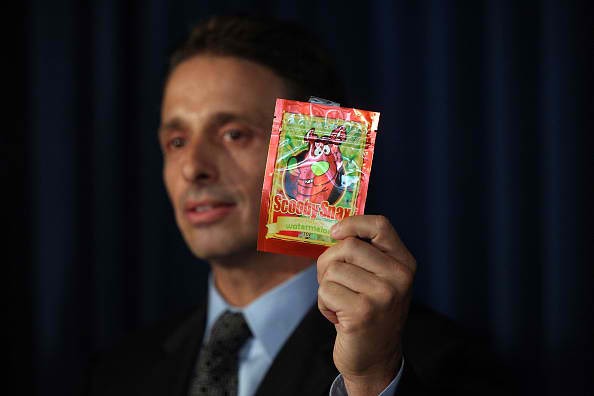An officer of the Drug Enforcement Administration of the United States will be going on a three-day visit to China to convince the Chinese government to stop the sale of synthetic drugs to the U.S.
Starting Monday, Acting Drug Enforcement Administration Administrator Chuck Rosenberg will visit Hong Kong, Guangzhou and Beijing.
Chinese Ministry of Public Security and its Narcotics Control Bureau invited Rosenberg and will be holding meetings with officials on narcotics, customs, border control and justice.
"The change was just immediate in what we saw in America," DEA spokeswoman Barbara Carreno said. "The stuff just disappeared, and we're hoping to see some more of that."
Many websites from China are offering "free samples" of products and some are indicated as "big beautiful crystals" for a few thousand dollars. Some sites offer to resend the product if the shipment is stopped at customs.
Jim Hall, a drug abuse epidemiologist at Nova Southeastern University in Fort Lauderdale, said, "You'll see some pretty sophisticated Web sites with everyone in white lab coats, but these are still clandestine operations."
He added, "They'll say, 'Oh yeah, we got the best product on the market.' There's even blue flakka and red flakka available just so they can distinguish their brand."
"If your shipment is seized, some companies will guarantee you another package," he said.
In the U.S., these products arrive marked as shampoo, industrial solvents or household cleaners.
Hall also noted that there is big profit in the synthetic drug trade. For example, a kilogram of alpha-PVP, the main ingredient in flakka, can be purchased for $1,500 online and sold for $50,000 in the American black market.
"Traditionally synthetic drugs like ecstacy spread from Europe," said Guohua Li, a professor of epidemiology at Columbia University in New York.



























